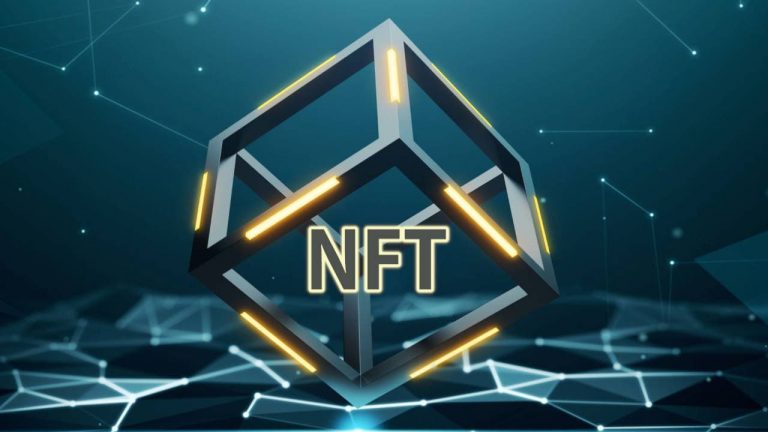
At its core, social media is a web-based communication tool that facilitates constant and instant interaction and sharing of information between people.
On one hand, social media enables socialization and promotes togetherness. On the other hand, it can leave your data open to the world and put a person’s privacy and information at risk. If this data could be linked and managed by each individual personally, social media could become a truly decentralized platform that majorly benefits users – rather than third parties. That’s where Non-Fungible Tokens (NFTs) come in.
NFTs are steadily becoming the future of artistic expression and providing real income for users. Creating music and then being able to trade that music and/or be paid royalties when that music is used elsewhere. This development in the digital world completely revolutionizes the world of music production and transforms art/music into revenue for NFT artists.
With all this possible through NFTs, Omni sets its objective to pioneer the future of music through the world of NFTs and return social media powers back to users.
What Are NFTs?
Hailed as the digital alternative to collectibles, NFTs are essentially tokenized artwork linked to a digital certificate of ownership. As opposed to a fungible asset – which, economically, can be interchanged for something else of similar value – NFTs are non-fungible. This means each NFT has unique properties that prevent it from being interchangeable.
NFTs come in many forms ranging from animations to images, to texts and tweets, and more on topic – music. Shaping music into NFTs enables the origin and owner of the music to be tracked, traced, and acknowledged whenever a certain piece of music is used/played. Omni develops a monetizable function out of music NFTs by rewarding creators and owners of music within the Omni platform.
Imagine a musician, highly talented and their music is loved by many that hear it. Having been busking in the streets and train stations for years, that musician is introduced to the NFT Ecosystem and the means of which to utilize Omni to shape their music into a rewardable and monetizable NFT. Now, that musician’s music is played daily in user videos and other digital NFTs. Every time the NFT music is used, the musician is rewarded – making their art utilizable and capable of generating an income.
Omni music NFTs make all of this possible.
Omni As The Future of Music NFTs
Omni addresses the negative societal aspects of modern social media culture and sets out a path to bring power back to users through a plethora of mechanisms – including NFTs. The Omni Mega App could find itself on smartphones worldwide.
By enabling users to create NFT sounds, bytes, mixes, and songs on the platform, NFT music artists receive easily trackable royalties alongside buying, selling, and exchanging rights on each piece. As the videos featuring these NFT sounds become popular, the artist with ownership of NFT rights to that music earns royalties based upon their use. This model furthers the future of music through NFT incorporation and maintains artist ownership over their musical creations.
Furthermore, as users make music NFTs on Omni, that sound or piece of music becomes identifiable and trackable. These two elements ensure creators of NFT music rest assured that the origin of their work will forever remain in their name – unless sold of course. This eliminates the need for copyright procedures, the stress of effort to ensure work originality is protected, and, ultimately, protects artists’ work from defamation or fraud.
What Is Omni?
Omni is the amalgamation of all features from the world’s most renowned social media apps – such as TikTok and Facebook – reformed into one blockchain platform with a catch; Omni aims to reward users. Everyday functions such as posting a video, sharing a post or just talking with friends can all reward users with Omni Coins (OMNI). Omni Coins are designed to allow users to earn profit as the Omni company grows – thus incentivizing users further to remain active and earn more OMNI. Furthermore, Omni coins can be managed and used for shopping for products on the Omni platform – only adding to the increasing number of OMNI use cases.
As part of the decentralized movement, Omni understands that the platform can be the vehicle for positive societal reform. They have dedicated their work to form the new standard for society, the economy, and the environment. By combining the features of the main social media platforms, placing power back into the hands of users, and rewarding user activity with monetization – Omni is part of the new breed of user-centric corporations.
If you want to learn more about Omni music NFT possibilities/opportunities, visit their website here
This is a sponsored post. Learn how to reach our audience here. Read disclaimer below.
from Bitcoin News https://ift.tt/3y0ggph
Comments
Post a Comment